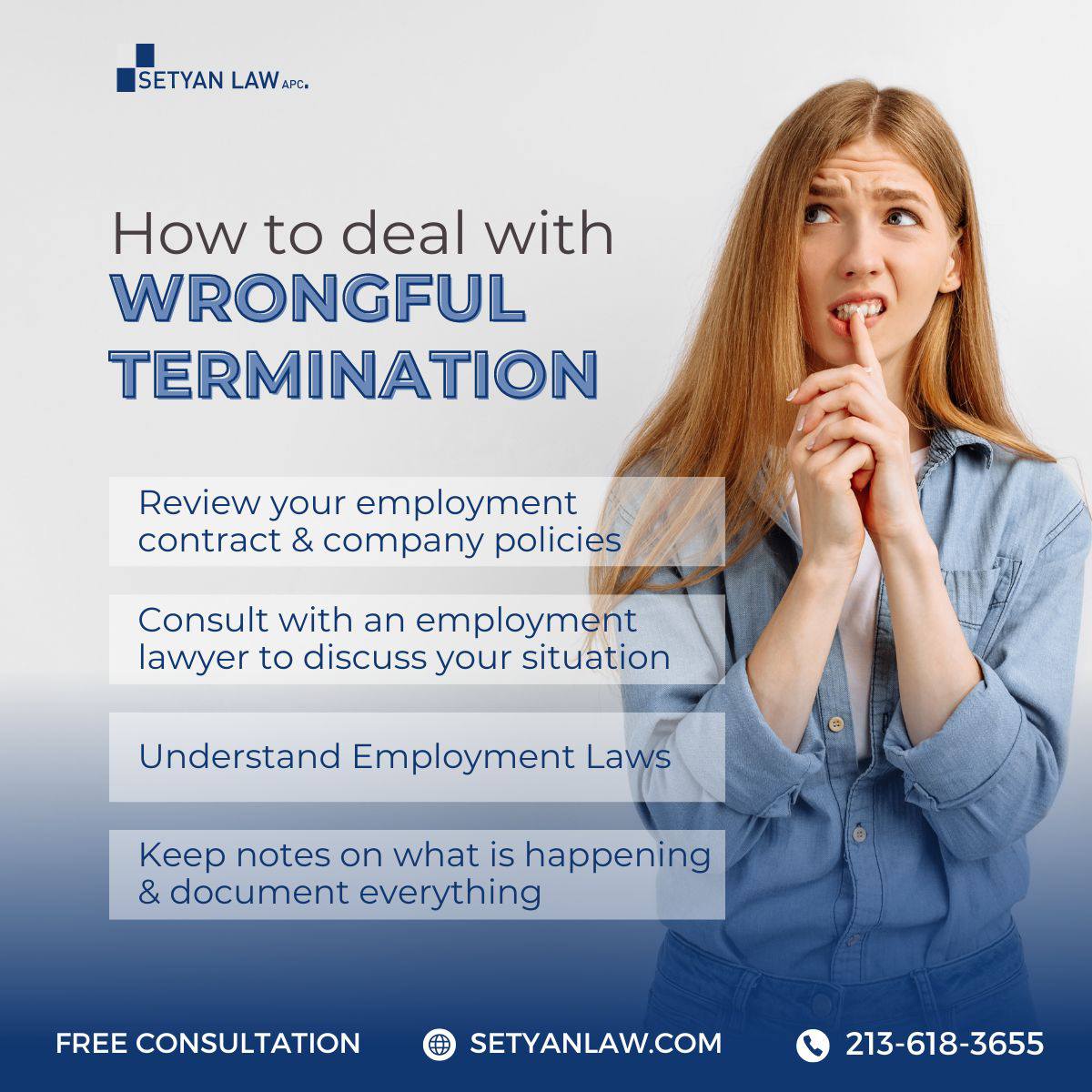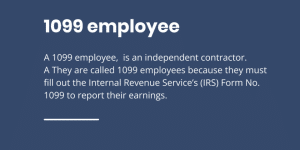Updated June 29, 2025
Time Limits for Filing
Being wrongfully terminated from your job can be a distressing experience, but it’s essential to understand your rights and the time limits within which you can take legal action. In California, there are specific statutes of limitations that determine how long you have to file a complaint or lawsuit for wrongful termination. This article will guide you through the statute of limitations for wrongful termination cases in California, ensuring you know your rights and can take appropriate action within the given timeframes.
The statute of limitations refers to the time period during which you can initiate legal proceedings for a specific offense or claim. It serves as a time limit within which you must file your complaint or lawsuit; otherwise, you may lose your right to seek compensation or other legal remedies.
The specific duration of the statute of limitations varies depending on the nature of the wrongful termination claim and the applicable laws. It is crucial to familiarize yourself with these time limits to ensure you take timely action to protect your rights.
Federal Statute of Limitations
Under federal law, employees who believe they have been wrongfully terminated based on protected characteristics, such as race, religion, sex, disability, or age, must file a complaint with the U.S. Equal Employment Opportunity Commission (EEOC). The statute of limitations for filing an EEOC complaint is typically 180 days from the date of termination.
However, if your claim is covered by state anti-discrimination laws, you may have up to 300 days to file the complaint.
California State Statute of Limitations
California has its own set of laws and regulations governing wrongful termination cases. The statute of limitations for filing a wrongful termination claim in California can vary depending on the specific circumstances of the case. Let’s explore the different scenarios and their corresponding time limits:
Violation of Public Policy
If you believe you were wrongfully terminated for reasons that violate public policy, such as refusing to break the law, performing a legal obligation, or exercising your legal rights, you have two years from the date of termination to file a lawsuit.
FEHA Retaliation
California’s Fair Employment and Housing Act (FEHA) protects employees from retaliation for engaging in protected activities, such as filing complaints against their employers or reporting harassment or discrimination. If you were wrongfully terminated in retaliation for exercising your rights under FEHA, you have three years from the date of termination to file an administrative complaint with the California Department of Fair Employment and Housing (DFEH). Once you receive a right-to-sue letter from the DFEH, you have one additional year to file a lawsuit.
Breach of Implied Contract
If you had an implied contract with your employer and were terminated in violation of the terms of that contract, you may have a claim for breach of contract. In such cases, you generally have two years from the date of termination to file a lawsuit.
WARN Act Violations
The Worker Adjustment and Retraining Notification (WARN) Act requires employers to provide advance notice of plant closures, mass layoffs, or major relocations. If your termination was part of a violation of the WARN Act, you have three years from the date of termination to file a wrongful termination claim.
Whistleblower Retaliation
If you were terminated in retaliation for blowing the whistle on illegal activities or reporting suspected wrongdoing, you may have a whistleblower retaliation claim. In California, you generally have three years from the date of termination to file a claim for whistleblower retaliation.
Deadline Extensions
In some cases, certain circumstances may allow for deadline extensions beyond the standard statute of limitations. These extensions are granted on a case-by-case basis and are subject to specific criteria. Here are a few examples:
Federal Deadline Extensions: If your federal complaint is also covered by state anti-discrimination laws, you may have an extended deadline of up to 300 days to file your complaint with the EEOC.
California Deadline Extensions: California law allows for deadline extensions in situations where an employee discovers the employer’s unlawful actions within 90 days after the standard deadline has expired. Additionally, employees who have difficulty identifying the correct employer or were wrongfully terminated as minors may also qualify for deadline extensions
It is important to note that relying on deadline extensions should be avoided whenever possible. Filing your complaint or lawsuit within the standard statute of limitations is strongly advised to ensure the strongest possible case and avoid any potential issues with missed deadlines.
Protecting Your Rights: Consult an Attorney
If you believe you have been wrongfully terminated, it is crucial to consult with an experienced wrongful termination attorney to understand your rights and legal options. An attorney can guide you through the process, ensure that you meet all necessary deadlines, and help you build a strong case to seek the compensation and justice you deserve.
Conclusion
Understanding the statute of limitations for unlawful termination cases in California is essential for protecting your rights and taking appropriate legal action within the prescribed time limits. Whether you believe you were terminated in violation of public policy, experienced retaliation, or suffered other forms of wrongful termination, consulting a wrongful termination attorney will provide you with the necessary guidance and support to navigate the legal process effectively. Remember, time is of the essence, so seek legal advice promptly to maximize your chances of a successful outcome.
Call Setyan Law at (213)-618-3655 for a consultation.







